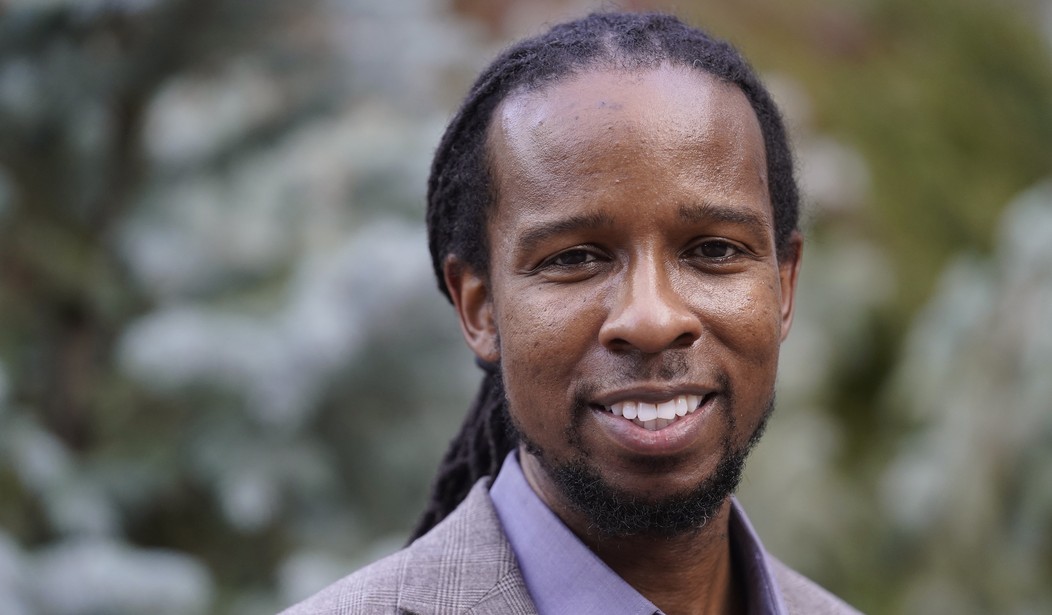Surprisingly, at least to me, New York magazine has published a piece critical of leading antiracism Ibram Kendi. While the author is supportive of antiracism as a general project he applies some long-overdue criticism to Kendi’s approach in particular. There’s a lot of throat clearing early on, but eventually the author gets to the point which is that Kendi’s antiracism has some serious problems.
My own concerns about antiracism are (at least) threefold:
• In insisting upon the ongoing relevance of racial hierarchy to social life, antiracism can sometimes stray into reinforcing the very invidious, fictional group identities that undergird such hierarchy.
• While valuable for illuminating the scale of Black disadvantage, racial-disparity statistics can promote misunderstandings of social problems by eliding class distinctions within racial groups. Thus, when such stats are presented in the absence of an intersectional class analysis, they may foreclose potential openings for interracial solidarity.
• In Kendi’s formulation, antiracist theory suffers from some glaring internal contradictions.
That first bullet point is one that many liberals and people on the right have raised concerns about. It’s not limited to Kendi’s work but is found throughout the identity politics left. In fact, I think you could argue it’s an unavoidable consequence of a political outlook that sees the world in terms of group identities over and above individual identities. More to the point, this trend seems to unwittingly be asking for white Americans to consider themselves one big group that needs to think more about “white identity.” As many people (myself included) have pointed out before, this seems like a very dumb and even dangerous idea.
Encouraging light-skinned Americans to be more conscious of their white identity as a source of unearned advantage may redound to progressive ends (although this is far from clear). Encouraging them to see white identity as a source of communal belonging and solidarity, however, seems antithetical to antiracism…
We were human before we were white, Black, Latino, etc. And we want people to be human before they are any of those things again in the future, in terms of their political commitments.
It doesn’t seem antithetical to antiracism, it is antithetical to antiracism. We need to be human individuals first before we are members of a group but the left is fighting that idea at the moment. Moving on, the author points out that a lot of the existing racial wealth gap in the US exists primarily at the very top, a fact which Kendi’s politics often seem to obscure:
Class inequality is as stark within Black America as it is in the nation writ large. According to the Survey of Consumer finances, the richest 10 percent of African Americans owned 75.3 percent of all Black wealth in 2016. The top decile of white Americans, meanwhile, owned 74.6 percent of all white wealth. As Matt Bruenig has observed, one implication of these intraracial class divides is that, for the bottom half of the Black and white populations, the racial wealth gap scarcely exists: If you erased the wealth gap between the bottom 50 percent of white and Black Americans, 97 percent of the overall wealth gap would remain. If you eliminated it for those in the bottom 90 percent of each racial group, 77.5 percent of the overall racial wealth gap would persist. The racial wealth gap is, in other words, primarily a function of wealth disparities between the Black and white upper classes.
The piece ends with an interesting analysis which is hard to summarize. Essentially, the author points out that Kendi tends to argue out of both sides of his mouth on certain issues, including crime and education. So, for instance…
Kendi denies the existence of “an achievement gap” between white and Black students (as measured by test scores or graduation rates) because those metrics are themselves racist. To judge Black students’ achievement on the basis of their performance in school is to “degrade” them by ignoring alternative forms of learning; racial testing disparities may testify to “different kinds of achievement rather than different levels of achievement.” And yet, when assessing America’s educational system, Kendi argues that the “chronic underfunding of Black schools” has created “diminished opportunities for learning” — not benignly different ones.
The author tries to square this circle by suggesting Kendi is being true to his own ideology but that’s a rhetorical game that no one should feel obligated to play. The truth is that Kendi is trying to have things both ways. He wants to rely on the existence of the achievement gap in education when he can use it to indict standardized testing and the school system in general but he wants to deny those same tests mean anything about the students themselves.
My own view is that the test are in fact telling us something real about failed public schools and secondarily about the power of progressive teacher’s unions to perpetuate that failure. If Kendi wanted to demand better of those organizations, some of which are clearly failing black students who deserve a lot better, I’d agree with him. Instead, it seems he would rather play make believe.








Join the conversation as a VIP Member